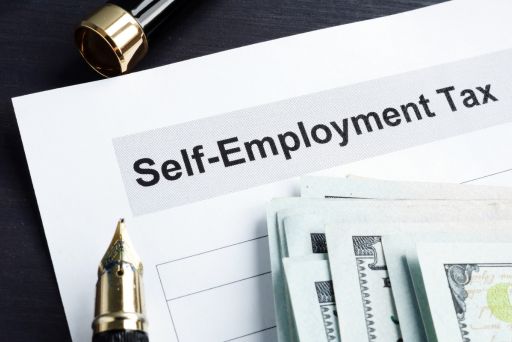When it comes to hiring employees, you want to be able to pick from the cream of the crop. However, in today’s world, the movement of the workforce is rapid. 1 in 3 employees plan to look for a new job within the next year, and 59% of job seekers are willing to compromise for work-life balance. With these numbers and many more in the mix, it’s hard to know how to handle hiring, not to mention employee development.
But how do you know what prospective employees, or even those you currently employ, are interested in when it comes to overall job satisfaction and employee perks? Glass Door and Harris Interactive reported the following in a recent survey:

Despite the fact that the past has shown that health benefits, 401(k)s, and career planning programs were at the top of the list, today’s employees are much more interested in growth opportunities (52%) than they are flexible work schedules and work from home options. That means as managers, CEO’s and small business owners, we need to look for frequent opportunities to interact, but also encourage some stretching when it comes to work skills.
We’ve pulled a few of our best employee development do’s and don’ts together in hopes that they’ll be not only easy to implement but help retain your current employees and help you recruit those cream of the crop potential employees you’re looking for.
DO Look for Employee Strengths and Hidden Talents
You might be surprised that “Jane” in accounting has a real knack for the creative, but don’t let it slip by unnoticed. Make sure to recognize employees for their skills and abilities (even those outside their job descriptions) verbally and make notes in a personnel document so you have them to reference later. Referencing your own notes or those in the personnel files will help in putting together inter-departmental teams and might come in handy if you’re looking to hire from within for a new position.
DON’T Ask a Fish to Climb a Tree
The words entrepreneur, solopreneurs, or self-employed are common among today’s workforce. Because those titles often require an individual to wear many hats, it can be expected that those hats have provided them with quite a bit of knowledge in a variety of areas – accounting, marketing, business management, etc. However, it’s important that you don’t require those skills as part of their job description when you hire them. Just like you wouldn’t ask a fish to climb a tree, you can’t expect someone you hire to deal with finances to be great at customer service. Note strengths and talents, praise for contributions they make in any of these areas, but never require them to contribute in these areas on a regular basis unless you’re willing to renegotiate wages, titles and job description.
DO Allow for Failure
As an employer you can expect that many of today’s workers come with a variety of skills – chances are they, and even you, have Googled a topic and learned quite a bit. Even though information is widely available, it’s not ok to demand perfection. Employees are interested in growth, but doing it in an environment where they’re not allowed to fail can be toxic to the workplace environment. The best thing to do is to challenge employees to think outside the box and expand their skillset, encourage them to really push themselves, but also provide plenty of opportunities to ask questions, or be a sounding board that helps provide additional information they can utilize for their success.
DON’T Accept Age Limits
The whole idea “you can’t teach an old dog new tricks” is outdated. Older employees are completely capable to learn new technologies and procedures. With that in mind, don’t allow yourself to believe that a “young kid” couldn’t possibly have a vast amount of experience and expertise in a specific area. Breaking down these mindsets amongst employers and managers is the first step, but empowering our employees to believe them as well is what’s going to foster employee development and build out a viable work culture.
DO Make Sure the Right Resources are Available and in Good Supply
Lets talk about resources. Odds are you have the right tools to create the products or provide services to your clients, but how are you doing in providing the tools, skills, and support to your employees? Are there channels in which employees can request additional resources and are they widely-publicized so they’re aware of them? If you run a small business holding 1-on-1 meetings might be the right fit, a town hall type meeting might be a better fit for larger employee numbers. Regardless of how you communicate and fulfill employee needs, make sure you address both the things they need to get their job done successfully as well as the things they might want to use in order to grow.
DON’T Overload Employees
Balance is key when it comes to providing employees the change to develop new skills. Requiring, or even providing the opportunity, for outside training could possibly make it harder for employees to be satisfied in their jobs. Have you ever been excited about all you could learn and how much you could grow, only to be overwhelmed by the workload that’s required to obtain it? It happens to the best of us. While it’s important to provide growth opportunities, it’s also important that you help cap the amount of time spent in expanding skills. Make sure you set proper boundaries and if an employee is itching to learn more, consider asking them to lead a project where they can utilize their new skills, or even present an internal training for other employees where they can share what they’ve learned and how it can help their day to day work.
How are you working to implement employee development within your business? We’d love to hear about it in the comments.


























